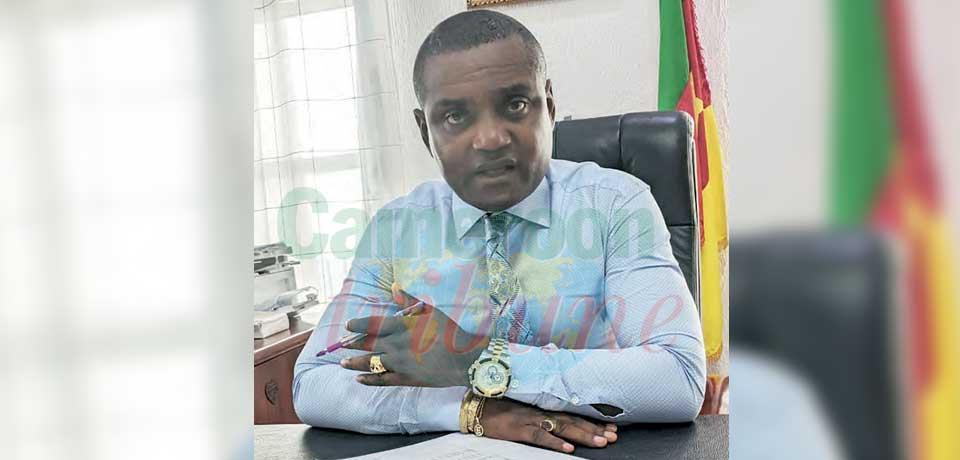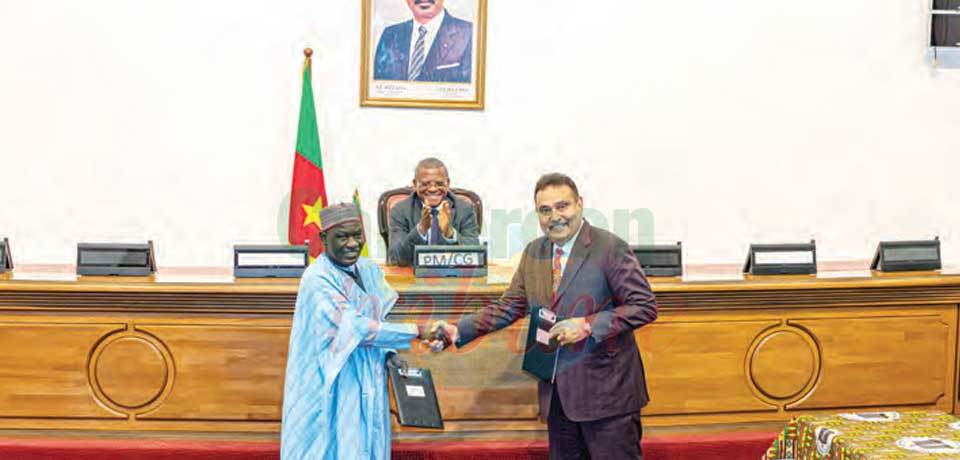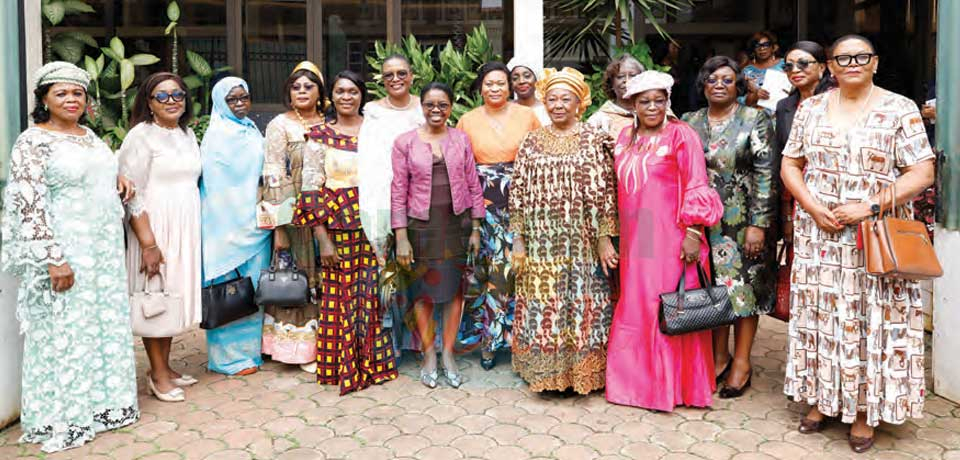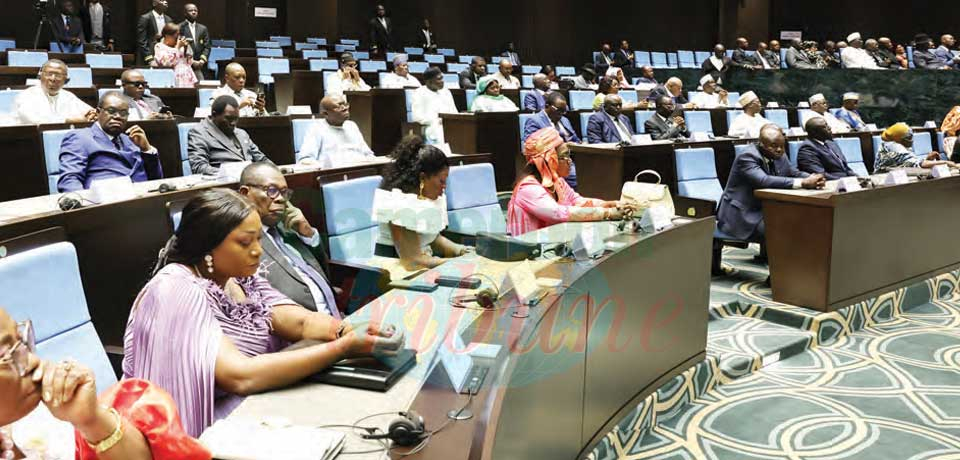
Tanyitiku E. Bayee, Director General of NASLA.
What explains the concept that students of NASLA have to be trained in military sciences as part of their learning in your institution?
The concept has multiple objectives. First of all on personal level it is intended to develop in our trainees a certain sense of discipline, sacrifice, the ability to endure and to build them up mentally ahead of the challenges in their professional career. But at the same time on a scientific level there are some skills that we think are best transmitted in that kind of environment notably the notions of intelligence gathering, security, civil protection, national security that are better transmitted by professionals who deal in it on a day-to-day basis. Also, there are notions that we have to inculcate in our trainees such as patriotism, respect of State institutions, the understanding of the importance of the general interest, the key and central position of the State or their position as future functionaries of the local public service in the preservation of national unity, national integration, and eventually the defense of the integrity of the national territory if they are one day called upon to be actors in that domain. And finally, there are other areas like civil protection and municipal police which are some key elements of the powers divulged to local authorities. We also want to prepare our trainees so that in case of emergency on the field we may have people who are already drilled as respondents in some fundamental notions of civil protection. We have recently seen situations of landslides, floods, where local authorities have to intervene and be front-line actors. They also should be able to coordinate the response with the key notions of the municipal police in powers and intervention. All of these put together made it important that we gather our trainees in an environment like the Police College in Mutengene for such training. All of that in a certain rhythm, a certain discipline that enables them to function as a team or as a group to be able to take orders and give orders.
Does it mean all subsequent trainees of NASLA shall be obliged to do military training?
In fact, it is a compulsory part of the process of admission into NASLA. It happened this time a little later because it took the powers that be some time to put in place the necessary resources and the calendar was a little modified when we started our first semester. In the second semester, we found time to do this training. Everything being equal after the entrance exam into NASLA, the first thing will be to undergo this special training. It is compulsory and it is one of the conditions sine qua non to pursue the rest of training in NASLA. Except one was exempted for key reasons of health and otherwise. For example for this first batch, even persons who are declared inapt for a certain degree of physical exertion are undergoing the theoretical part of the training. This is because the training is both theoretical and practical.
Are you aware of a similar one-month training by the National Civic Service Agency for Participation in Development done under the Ministry of Youth Affairs called conscripts for young college students between 18 and 21? How different is the one for NASLA? Also, if a student had already undergone the civic service training, must they still do this one if admitted at NASLA?
Oh yes. Because the programme run by the National Civic Service Agency for Participation in Development is quite...
Cet article complet est réservé aux abonnés
Déjà abonné ? Identifiez-vous >
Accédez en illimité à Cameroon Tribune Digital à partir de 26250 FCFA
Je M'abonne1 minute suffit pour vous abonner à Cameroon Tribune Digital !
- Votre numéro spécial cameroon-tribune en version numérique
- Des encarts
- Des appels d'offres exclusives
- D'avant-première (accès 24h avant la publication)
- Des éditions consultables sur tous supports (smartphone, tablettes, PC)














Commentaires